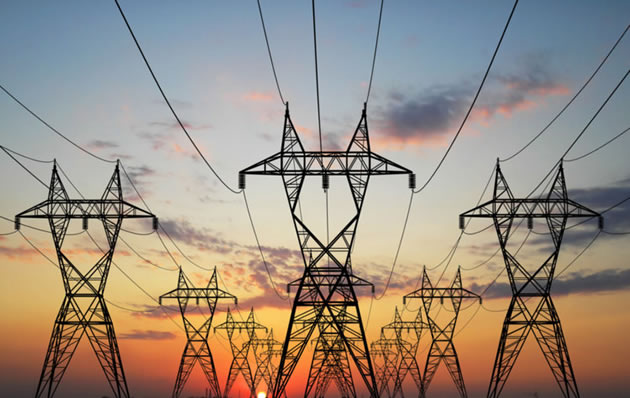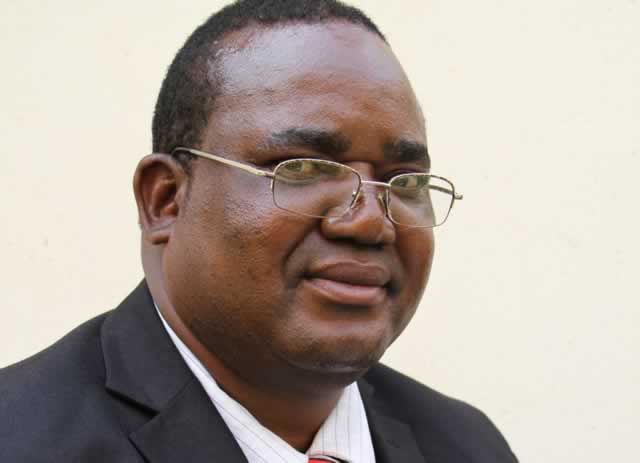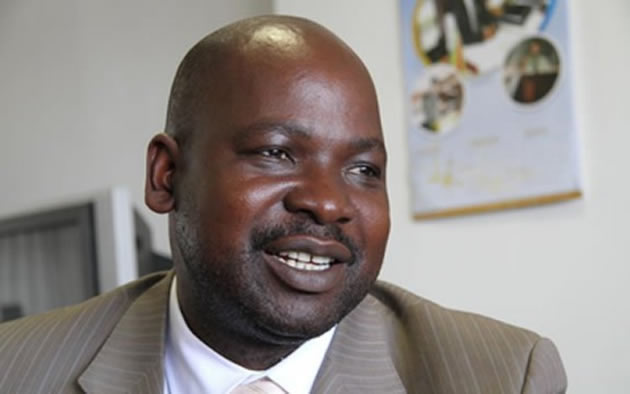Farmers cry foul over Zinwa, Zesa

Lloyd Gumbo Senior Reporter
Zimbabwe National Water Authority and Zesa operations pose a serious threat to national food security by undermining efforts by Government to improve agricultural productivity, Parliament heard yesterday.
Appearing before the Parliamentary Thematic Committee on Indigenisation and Empowerment, farmers under the auspices of the Joint President’s Council for Farmers’ Unions, said production costs were too high due to the high cost of irrigation water. They said power supplies were also erratic.
Zimbabwe National Farmers’ Union director, Mr Edward Tome, said it was disheartening that Zinwa charged farmers exorbitant levies for extracting water from dams and boreholes they constructed at their own cost.
“Zinwa has the tenacity of coming every now and then to my farm and issue an invoice for water which they think I have used even during seasons when I don’t irrigate because I might be having a problem with my pumps because I don’t have money to repair them,” said Mr Tome.
“I may skip two, three seasons but I still get a bill, not a small amount, $5 000, $10 000, in three months $30 000 and $120 000 in one year. I ask them where did you get this bill from and how did you calculate it? Where is your meter and I don’t get answers . . .
“Some of us have been taken to court for a resource that I built, for a resource that I am using to feed the nation and I am being punished by Zinwa.”
He said Zesa was also a thorn in the flesh for farmers because of erratic power supplies that made it impossible for them to properly irrigate their crops.
“There are faults in farming areas which take forever to get repaired. Today it is also happening to you as Government through Arda.One hundred and fifty hectares of Government’s maize in Matabeleland are going to be written off because Zesa deliberately refused to repair their power supply lines and that crop that should have fed our nation is going to waste today,” said Mr Tome.
“We are literally going to disfranchise our farmers, we are literally going to throttle production in agriculture. We will literally become net food importers when we could have produced our own food,” said Mr Tome.
Another ZNFU director, Mr Edward Dune, said farmers were now reluctant to construct water bodies for fear of being charged by Zinwa since the Water Act provides that all water in the country belongs to the State.
Zimbabwe Farmers Union president Mr Abdul Nyathi said failure to access cheap finance made it difficult for farmers to produce.
“No one wants to hear us as farmers in Zimbabwe coming to his door knocking looking for finance. They say we are a seriously risky area. We are called a no-go area when it comes to giving money. They say we are on the land but are not skilled and don’t have infrastructure,” said Mr Nyathi.
“This is a serious challenge. Government must assist farmers to be understood by everyone. We don’t want handouts, we want our farmers to borrow and produce,” he said.
Zimbabwe National Farmers Union vice president, Mr Stansalays Goredema, dismissed claims that the 99-year leases were now bankable.
“For the last few years, we have heard that 99-year leases will be bankable and so forth. It’s not bankable. I have a 99-year lease. Only yesterday after seeing the papers saying it is now bankable, I went to my bank with my 99-year lease and asked if I could use it now but they said no. It is still an outstanding issue. We don’t have access to banks using 99-year leases as of yesterday,” said Mr Goredema.
Commercial Farmers’ Union president Mr Peter Steyl added: “We have tremendous problems in this country. We are a landlocked country, we have to look at value adding in order to be able to sell our products. Business starts with the market, it doesn’t start with the farmers. If you can’t sell it, don’t grow it.
“We need the cost of production to come down. We are facing far too many taxes. On food security, projections are over the next 35 years, we need to produce as much food in this world as we produced over the last 500 years to feed the population. That tells us that we need to get busy with agriculture, we need to ensure that we are self-sufficient in food.”











Comments